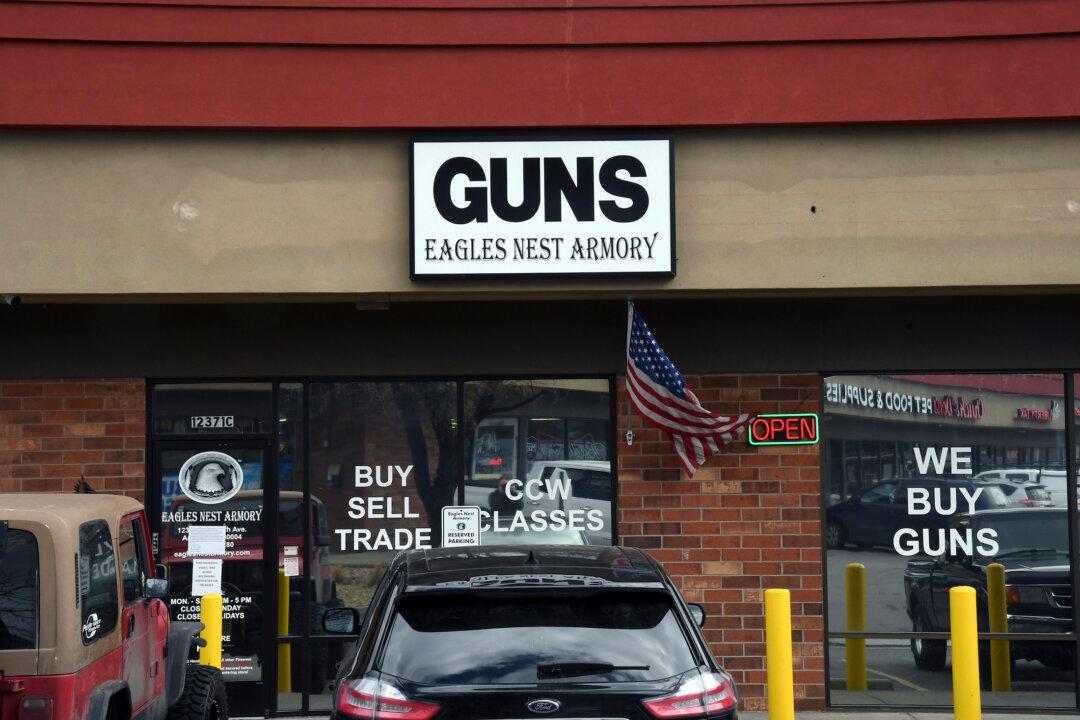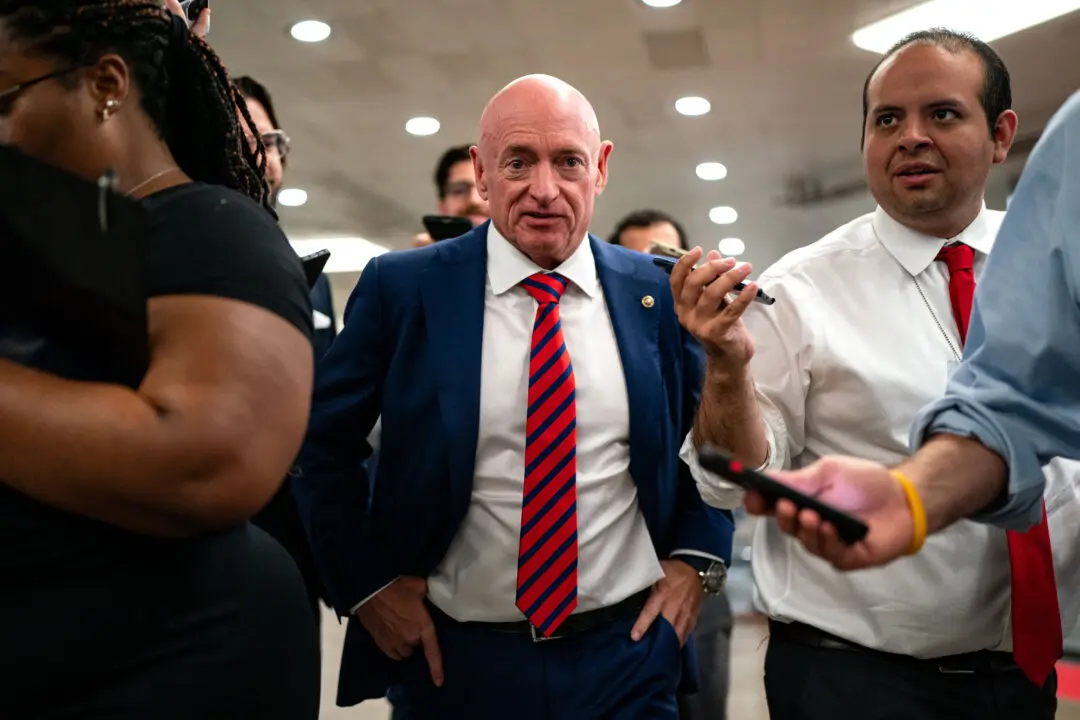Democratic Colorado Gov. Jared Polis signed four new gun control bills on Friday afternoon, adding measures to restrict gun purchases and imposing new legal liabilities on the gun industry.
The gun control measures Polis signed into law included a bill to raise the minimum age to purchase a firearm in the state to 21 years old and another bill that will make firearms purchasers wait an additional three days after clearing a background check before a firearms seller will give them the product they purchased.





